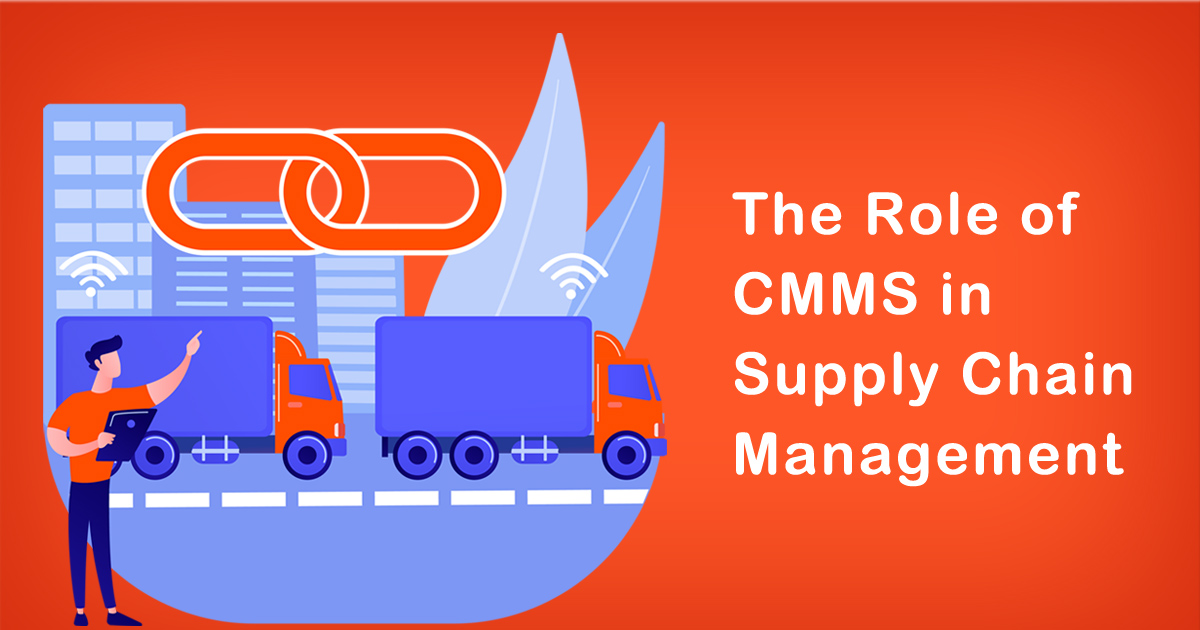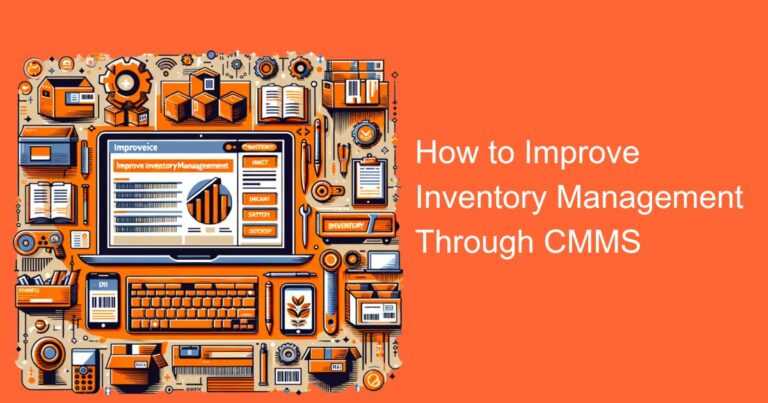In today’s rapidly evolving business landscape, the supply chain is one of the most critical functions of any organization. The supply chain management process encompasses the movement of goods, raw materials, and finished products from the supplier to the end consumer. This process requires coordination between various stakeholders, including suppliers, manufacturers, distributors, and retailers. An effective Computerized Maintenance Management System (CMMS) can play a significant role in enhancing supply chain management in India.
What is CMMS?
A CMMS is a software application that helps organizations to manage their maintenance operations effectively. It tracks and schedules maintenance tasks, manages work orders, and provides asset management functionality. It is a valuable tool for any organization looking to streamline their maintenance operations and reduce downtime.
Role of CMMS in Supply Chain Management
The role of CMMS in supply chain management is significant. It can help organizations to improve their operational efficiency, reduce downtime, and enhance asset management. A CMMS can provide real-time data on asset performance, maintenance history, and inventory levels, allowing organizations to make informed decisions about their supply chain.
Improved Asset Management
An effective CMMS can help organizations to manage their assets better. It can provide real-time data on asset performance, maintenance history, and inventory levels, allowing organizations to make informed decisions about their asset management. This data can help organizations to identify maintenance trends and proactively schedule maintenance tasks before an asset fails.
Reduced Downtime
Downtime can have a significant impact on a supply chain. It can result in lost productivity, missed deadlines, and decreased revenue. An effective CMMS can help organizations to reduce downtime by scheduling preventive maintenance tasks and tracking maintenance schedules. This ensures that assets are maintained regularly, reducing the likelihood of unexpected breakdowns.
Enhanced Operational Efficiency
An effective CMMS can also help organizations to improve their operational efficiency. It can automate maintenance processes, reducing the time and effort required to manage maintenance tasks. This frees up resources to focus on other critical supply chain functions.
Research and Facts on CMMS in Indian Context
According to a report by MarketsandMarkets, the Indian CMMS market is expected to grow at a CAGR of 8.7% from 2020 to 2025. The report highlights that the increasing demand for automation in various industries and the need to reduce maintenance costs are the primary factors driving the growth of the CMMS market in India.
A survey by Infraline Energy in 2017 found that only 22% of Indian manufacturing companies were using a CMMS. The survey highlighted that the lack of awareness about CMMS and the perceived high cost of implementation were the primary reasons for the low adoption rate.
However, there are success stories of Indian companies that have implemented CMMS and seen significant improvements in their supply chain management. For example, Mahindra & Mahindra, a leading Indian automobile manufacturer, implemented a CMMS and reduced their downtime by 30%.
Conclusion
In conclusion, an effective CMMS can play a significant role in enhancing supply chain management in India. It can help organizations to improve their asset management, reduce downtime, and enhance operational efficiency. However, there is a need for more awareness about CMMS and its benefits, especially among Indian manufacturing companies. As the Indian market continues to grow, it is essential for organizations to adopt new technologies like CMMS to stay competitive in the global marketplace.








